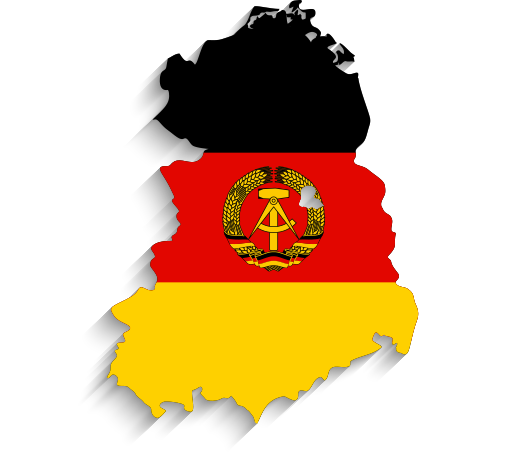(Grant Agreement n. 669194)
(Werdau, 15/11/1919)
Deputy Chairman - State Planning Commission (1966-1989)As Deputy Chairman of the East German State Planning Commission Heinz Klopfer collaborated closely with the head of the State Planning Commission, Gerhard Schürer. He attended the meetings of the extended “Small Circle” and often served as Schürer’s replacement. His notes on Politburo meetings and economic decision-making are among the most crucial documents available to historians.
|
As Chairman of the East German State Planning Commission Gerhard Schürer was always part of the inner circle of the GDR’s economic elite. However, his power was limited and Honecker never promoted him to membership in the Politburo.... |
|
As head of the SED’s Department of Planning and Finance, Günter Ehrensperger, was the party’s counterpart of the head of the East German State Planning Commission. However, the actual economic planning was carried out by the S... |
|
Personal memorandum on the consultations of the SED Politburo on 09.08.1983
BArch, DE 1/58704 | Bl. 272–277
In this meeting of the “small circle” after the first “Strauß loan,” Honecker remarked: “The Milliardenkredit is not here to bridge gaps in the plan. No minister can rely on this. We have to act as if we would not have the money.” He pointed to the necessity of reducing short- and medium-term loans as well as continuity in the policy of reducing imports and increasing exports. Honecker was fully aware that the prolongation of the extreme foreign trade strategy would face opposition in the West, however, at that time there was still no alternative to reducing imports and selling oil on the world market. Nevertheless, pointing to developments in other Socialist countries, Honecker stated: “I want to put on record, that our economic system is altogether in best order. It just depends on using the advantages of socialism properly. I am saying this, because there is talk about reforms in many countries.” Even tough, the GDR had just prevented bankrupty, there was no intention to change the failed economic policy. The leadership opted for a continuous muddling-through. - Available only in the archive: https://www.bundesarchiv.de |
